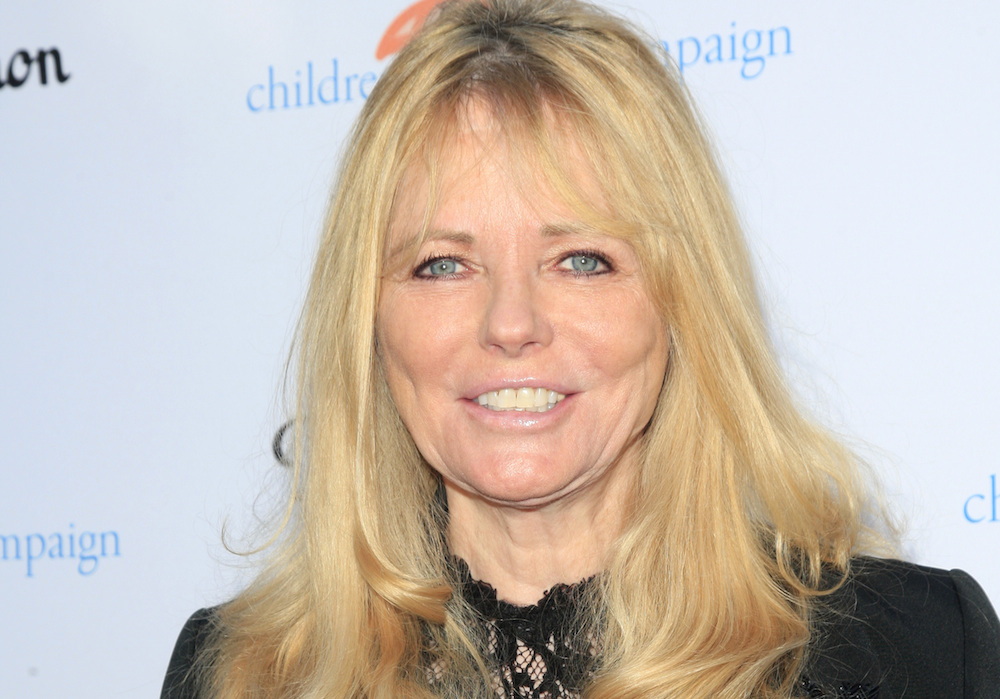
Former supermodel Cheryl Tiegs has apologized for her comments about the cover girl of the 2016 Sports Illustrated Swimsuit Issue, Ashley Graham. Tiegs had previously suggested that the plus-size model’s appearance is “unhealthy.”
Graham’s appearance as the first plus-size model to grace the magazine’s cover was met with overwhelming approval, but Tiegs apparently was not impressed. During a red carpet appearance last week, she told E! News, “I don’t like that we’re talking about full-figured women because it’s glamorizing them because your waist should be smaller than 35 [inches].” She went on to state that Graham’s face is “beautiful,” but that she doesn’t “think it’s healthy in the long run.”
Tiegs, who has been on the cover of Sports Illustrated twice, initially tried to clarify her comments by posting on Twitter that “being anorexic/bulimic/overweight all connected to health problems,” but her justification was only met with more backlash from her followers. She finally apologized by tweeting, “My sincere apologies to everyone I have hurt. I truly just want everyone to be healthy & happy.”
Graham isn’t fazed by Tiegs’ comments. “Cheryl Tiegs may have said what she said, and it may have hurt a lot of people’s feelings, but my skin is so thick,” Graham told E!. “I kind of rolled my eyes. I was like, ‘Oh, whatever, another one of these ladies.’ But what’s great is that, the fact that she said it, it means that other women think like her. And what that means is that we really need to change the industry.”
Graham has made it a point to show that she is living a healthy lifestyle by regularly posting her workout videos on Instagram. She also told Ellen DeGeneres on her show last week that many of the women in the studio audience would qualify for plus-size modeling, which ranges from size 8 to 18.
“That’s the problem. We’re telling women that they’re plus-size, and for me, I just like to call it ‘curvy-sexy-licious,'” said Graham. “I think we have to promote women to be healthy at every size as long as they’re getting off the couch and moving their body.”
Several European countries have even started rebelling against excessively thin models. France, Spain, Israel and Italy have all enacted bans on dangerously underweight models from appearing in ad campaigns and runway shows. Last month, a new bill was also brought to the California Assembly to ban underweight models. The bill proposes requiring all models to have a physician certify that they don’t suffer from an eating disorder, as well as receive nutritional counseling and medical checkups. Modeling agencies would be required to keep these certificates on file or face a fine.
“When you look at the look that models are supposed to attain, it’s actually completely unattainable, to look like a model and be healthy,” said Assemblyman Marc Levine, who sponsored the bill.
